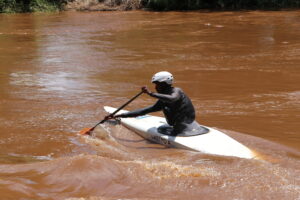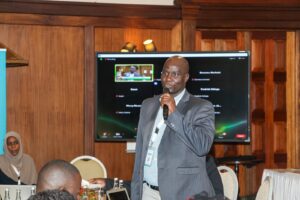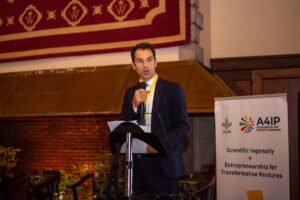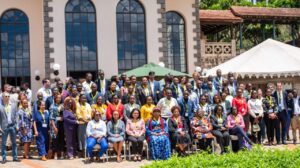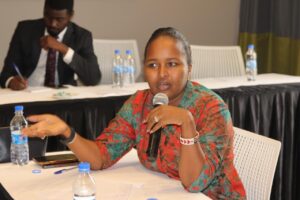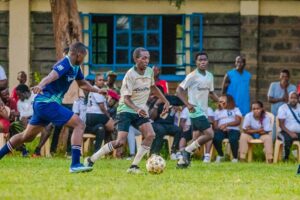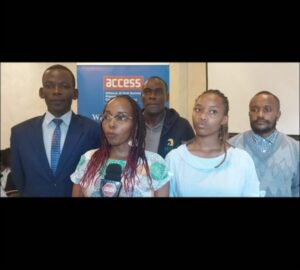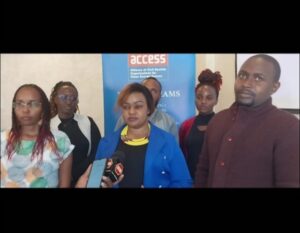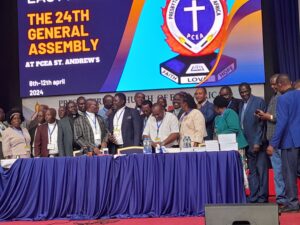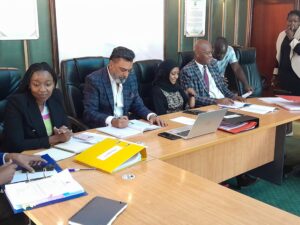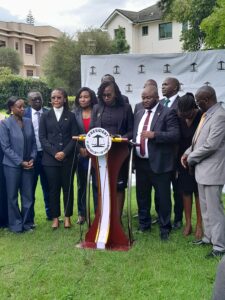
The Law Society of Kenya (LSK) has raised corruption concerns surrounding implementation of the National Fertilizer subsidy (NFSP).
National Fertilizer subsidy has recently coke under scrutiny due to reports of substantial Breaches of duty, acts of incompetence , and allegation of fraud and Corruption.
“The NFSP was rolled out in September 2022 to offer subsidised fertilizer at half the price of Commercial fertilizer to support agricultural productivity and stabilize food prices in Kenya. However in recent weeks, several complaints have been raised, indicating systemic severe issues within the Ministry of Agriculture and National cereals and produce Board (NCPB) and highliting an elaborate scheme to defraud farmers through the very program intended to bring them relief.” Said Faith Odhiambo President Law Society of Kenya.
She further observed that, thevpurpose of the NFSP is ostensibly moot. The programme was initiated to increase efficiency and productivity while reducing cost and delays. Farmers have raised concerns over bureaucratic inefficiencies, corruption and unprecedented delays in their attempts to access fertilizer. There are also confirmed instances of fake fertilzer being sold to unsuspecting farmers, greatly jeopardising farmers outputs and incomes.
Further frustrations has resulted from severe delays in the deliverly and distribution of fertilizer by the NCPB. There are reports also, of laste tendering and slow manufacturing process by contracted suppliers. Farmers have also decried the transition from a voucher based system to the distribution of fertilizers through the NCPB leading to inefficiencies in the distribution process.
The overall consequence of these is that, farmers have failed to break even, lost significant sums of money in buying fake fertilizer and the agricultural sector has been spun into a crisis at a time when Kenyans contend with strained economic realities that cannot survive food insecurity.
LSK therefore, Call out the Cabinet Secretary and demand that he takes action to address the unprecedented horror show guise as the National Fertilizer subsidy program and offer reparations to affected farmers. The CS should also implement several recommendations to address the real issues. LSK will petition Parliament to call for the immediate removal of Mr. Mithika Linturi from the office of Cabinet Secretary by dint of Article 152 (6) of the Constitution on the grounds of gross misconduct , violation of the Constitution and incompetence to hold public office. LSK will also, pursue a class action on behalf of farmers to seek compensation against the Cabinet Secretary in charge of the Ministry, NCPB, KEBS and the responsible officials.


